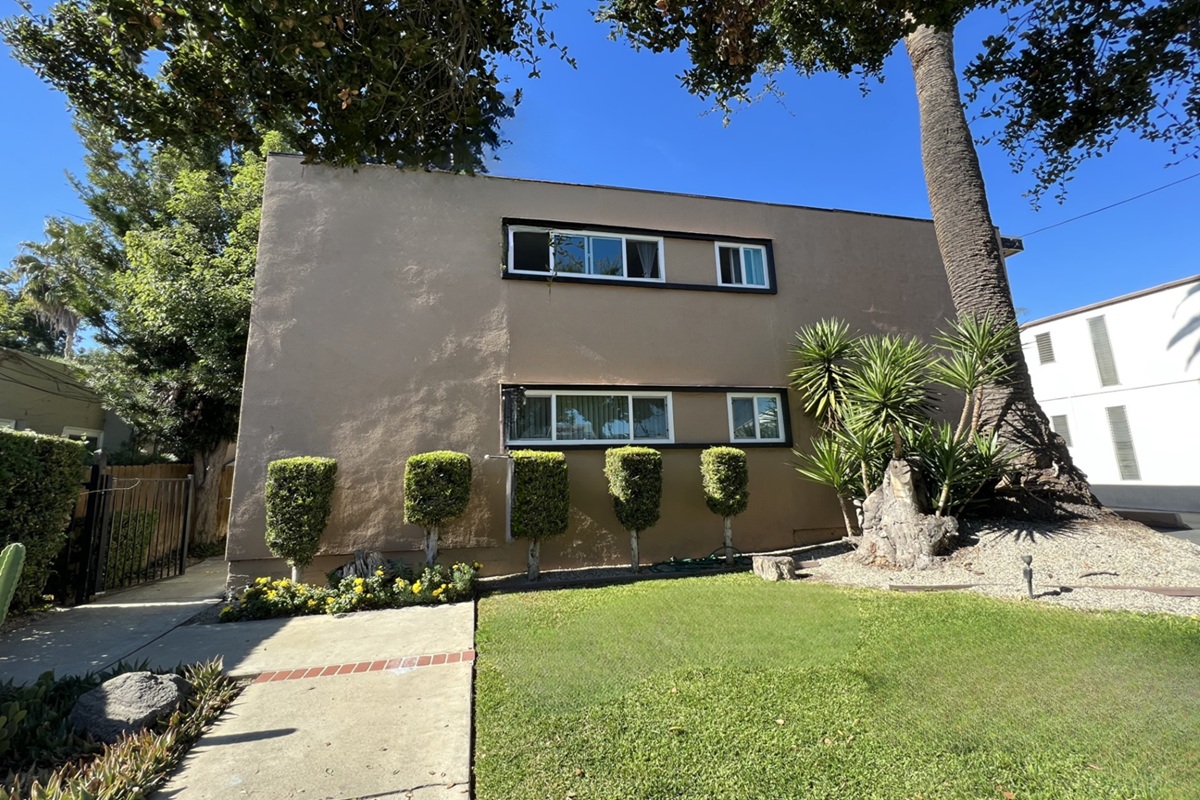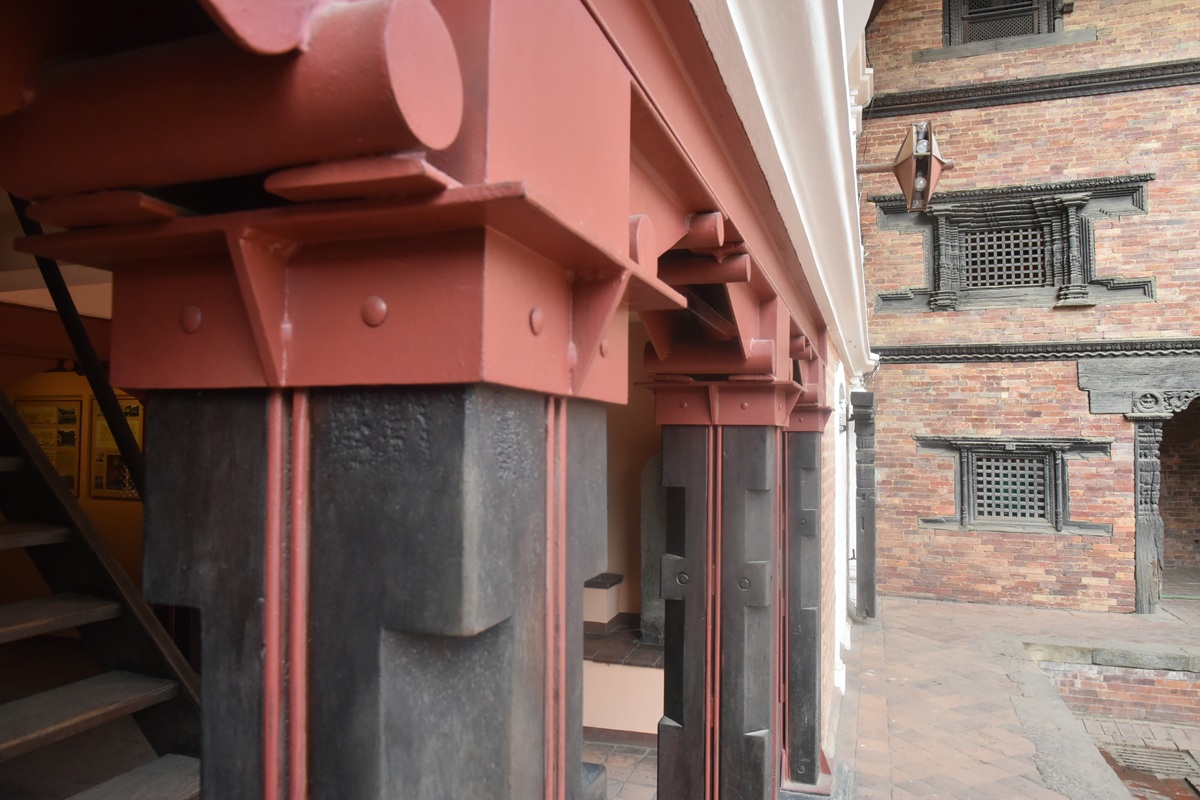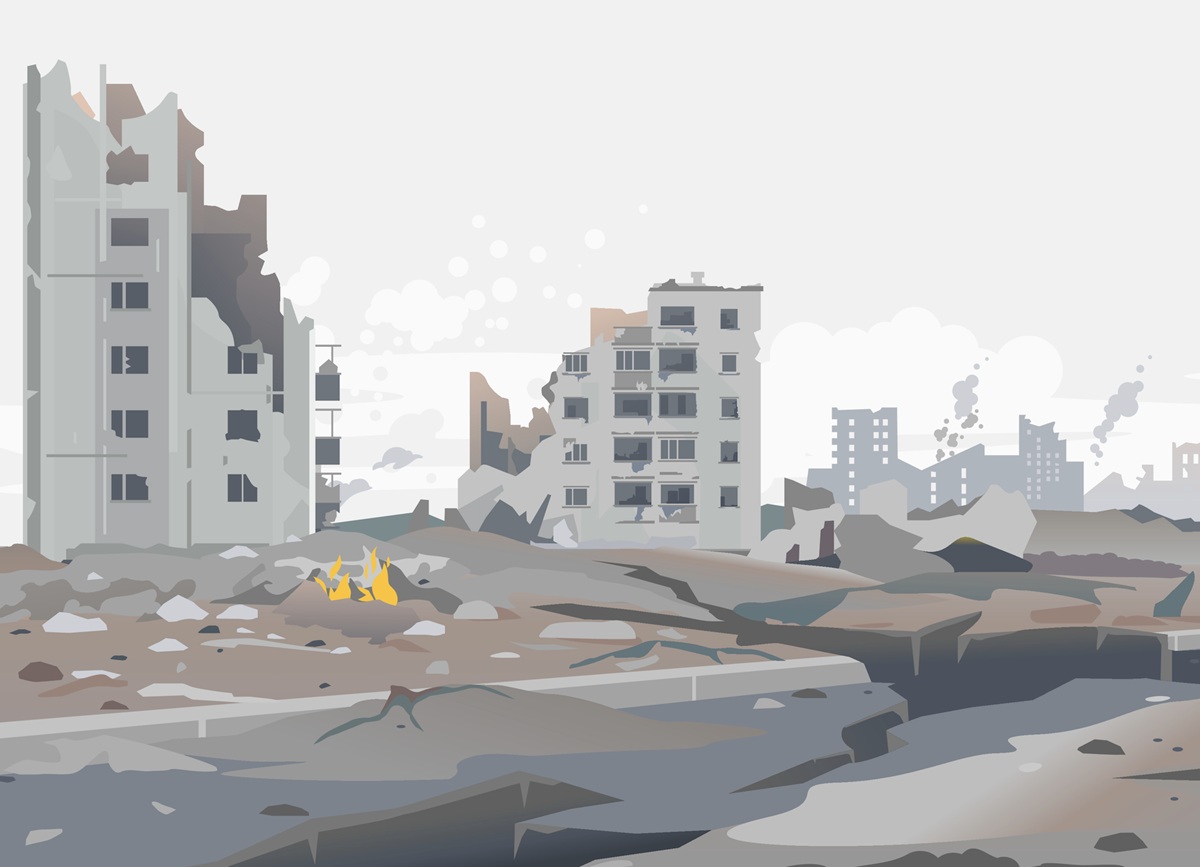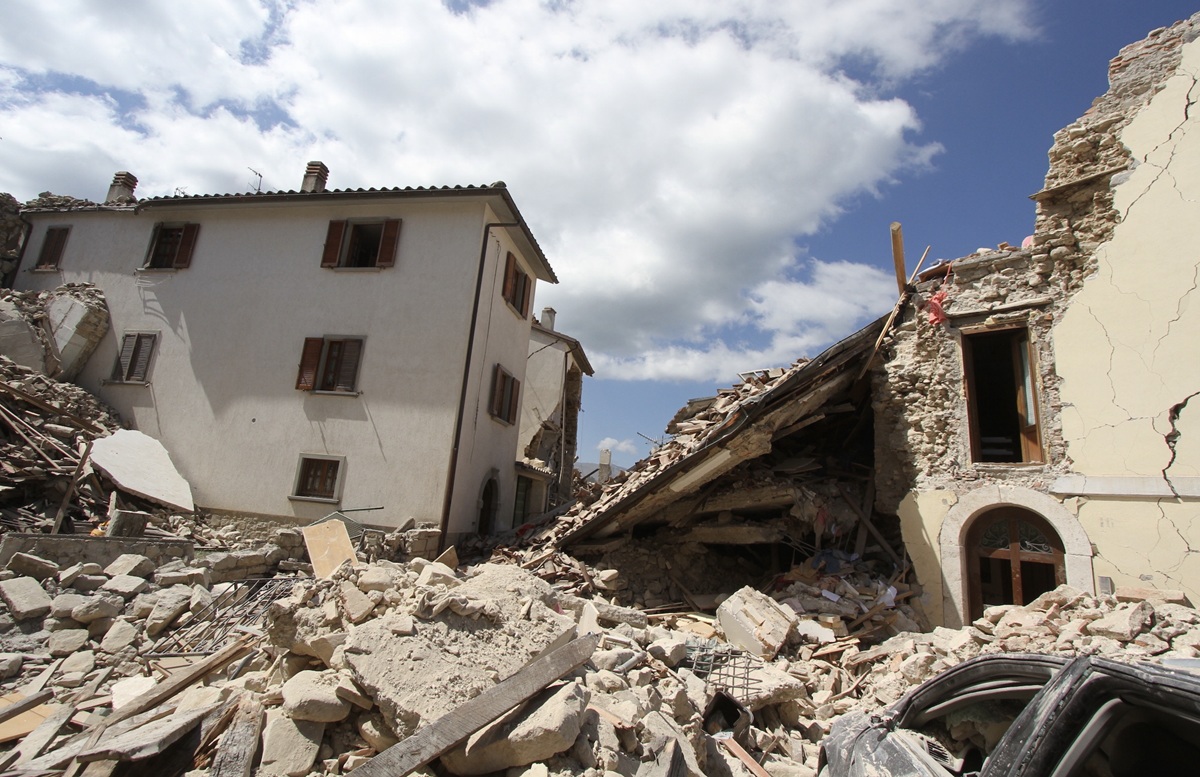Balconies are a significant draw for apartment renters, particularly in places with great weather like San Diego – considered one of the best climates on Earth. Balconies, decks and elevated walkways are a valuable amenity in Southern California’s multifamily real estate market — popular with renters for providing easy access to the open air, as well as private spaces to relax and entertain friends.
Balconies, decks, raised walkways and platforms can also be a significant liability to apartment owners. A series of collapses has prompted new laws in California requiring regular inspections of these structures to ensure they are safe.
The most infamous of these cases was a 2015 balcony collapse in Berkeley that killed six young adults and seriously injured seven. Many of those victims were college students from Ireland. The horrific accident sparked legislation requiring stricter building oversight and reporting, along with recurring inspections:
- The first law, SB 465, tightened down on surveillance and reporting of shoddy construction.
- A second law, AB 721, commonly referred to as “The Balcony Inspection Bill,” enacted in 2018, requires recurring inspections of decks, balconies and other external elevated structures in multi-family residential buildings to ensure their safety. Initial inspections must be completed by Jan. 1, 2025, with subsequent inspections taking place every six years, or sooner, if the property is sold.
- A third law, Senate Bill 326, requires homeowner associations to also have their balconies inspected every nine years.
What causes balconies to fail?
Dry rot was determined to be the cause of the Berkeley collapse. The structure also had a history of complaints from tenants of a fungus growing out of the wood – a primary sign of dry rot, along with bubbling paint, spots of orange-brown spore dust, and brittle or spongy wood that crumbles at the touch.
More than $20 million in settlements were paid to the families of the victims of that fatal fall, a clear sign that the situation was considered to have been preventable.
Faulty construction – including deficiencies in flashings, external joists, supports and other areas of a structure that permit water seepage – can also significantly damage the integrity of a structure when left alone.
The catastrophic Champlain condo collapse in Florida last year is believed to have been partially caused by years of water seepage and damage caused by an improperly installed concrete slab beneath a raised pool. Cracks in supporting columns, beams and walls had been caulked over repeatedly to cover the structural flaws.
What do balcony inspections entail?
A thorough and accurate inspection must be done by a certified professional with the right knowledge and experience to identify the following signs that a structure may be compromised:
- Moisture damage and wood rot, not just on the exterior, but deep inside framing cavities. horizontal and parallel beams that support the deck should be inspected, as moisture can lead to decay of support beams. Proper moisture protection should be in place to avoid future problems.
- Waterproofing materials and applications such as flashings, membranes, coatings, and sealants that protect the load-bearing components of exterior elevated elements from exposure to water and the elements should be inspected.
- The construction of a structure will be reviewed. Connections should be installed with proper fasteners. Wobbly railings and loose stairs – usually the result of improper fastening – are all causes for concern.
- Corrosion of metal fixtures and fasteners is also an indication of unsafe conditions.
- Cracks in wood are a likely indication of damage.
Most apartment owners have worked very hard for their property. It may be what they rely on for their retirement income. It’s smart to protect that income.
Keep yourself informed about the potential risks presented by unsafe balconies, decks and other structures, not only to your building, but to your own financial health and well-being by having inspections done by a reputable firm that can identify the most cost-effective approaches to repairs, if needed.
It’s been four years since the Balcony Inspection Bill was passed – and the deadline for first inspections is only two and a half years away. Act now to avoid the rush.
The Optimum Seismic team has the technical knowledge and professional experience necessary to do your balcony inspection or earthquake retrofit right. Visit optimumseismic.com or call 833-978-7664 to arrange a complimentary assessment of your building.







